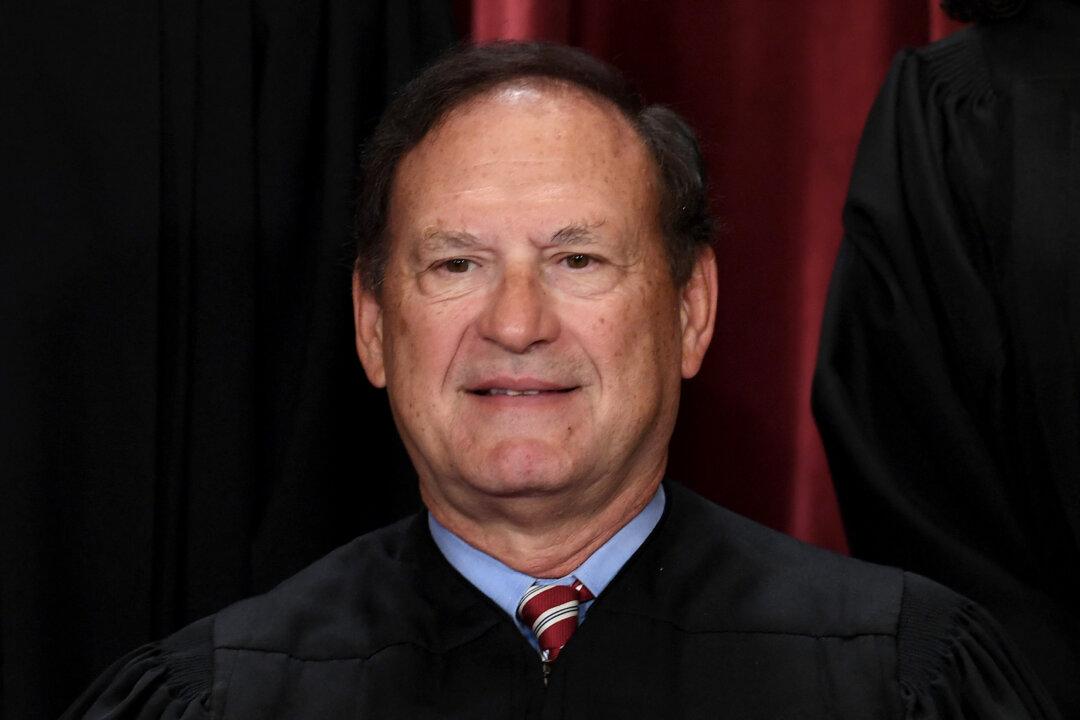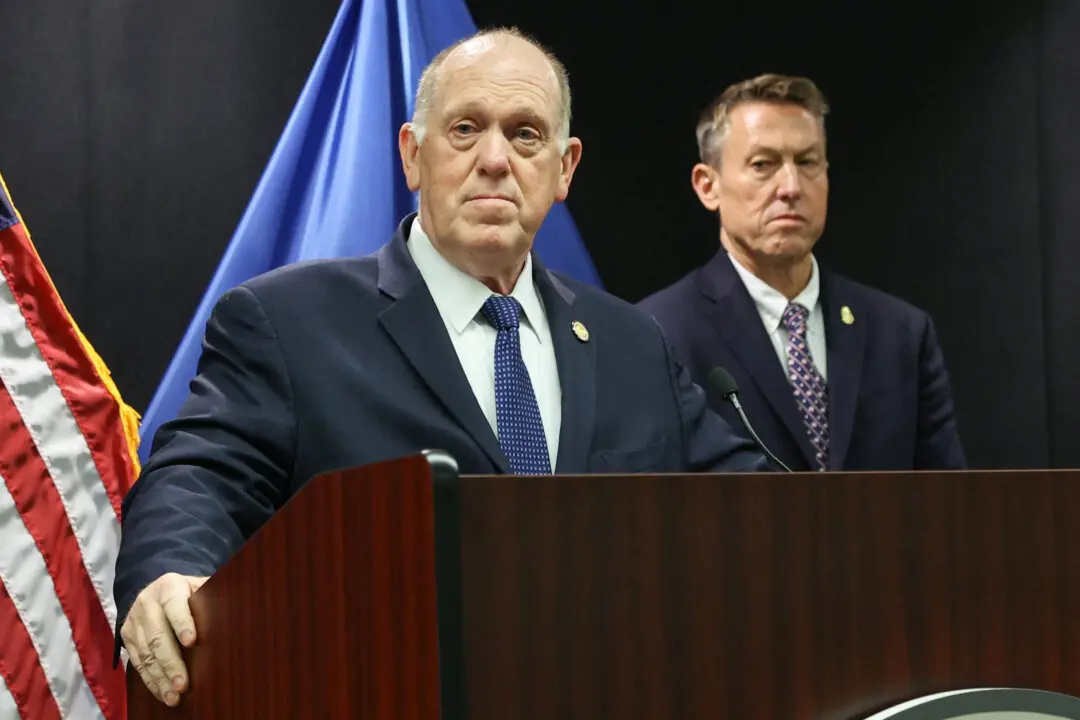Democrats in Congress pushed back on Justice Samuel Alito after he stated that Congress has “no authority” to regulate the Supreme Court under the Constitution.
“I know this is a controversial view, but I’m willing to say it,” Mr. Alito told The Wall Street Journal late last week. “No provision in the Constitution gives them the authority to regulate the Supreme Court—period.”





